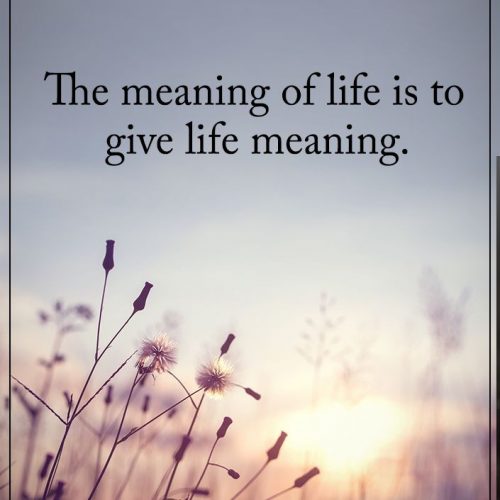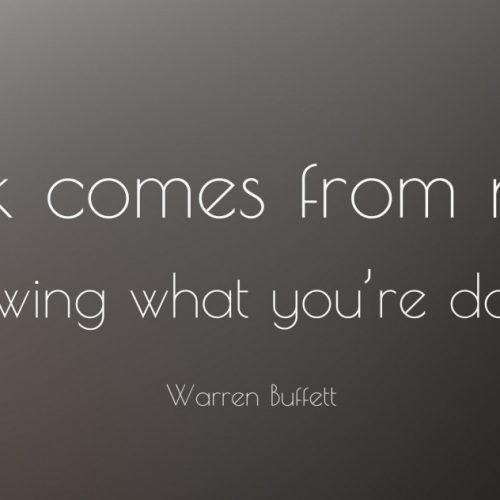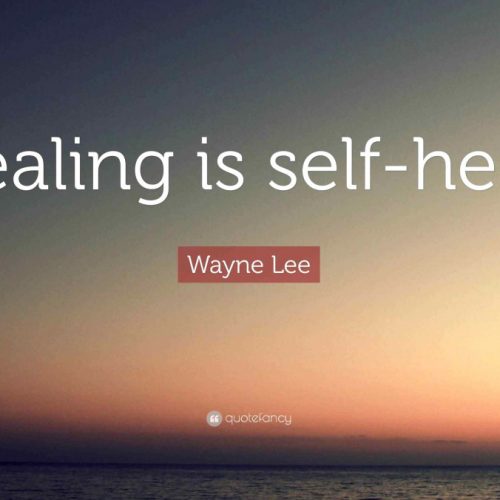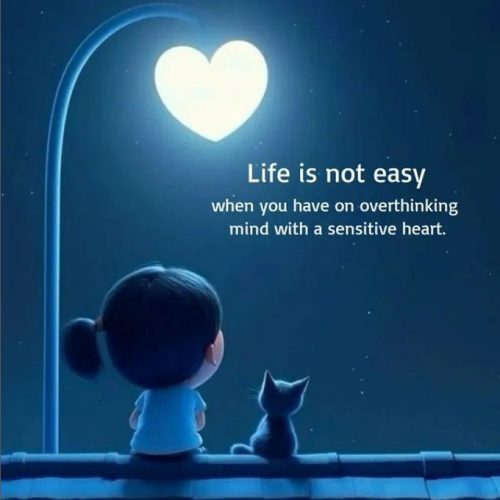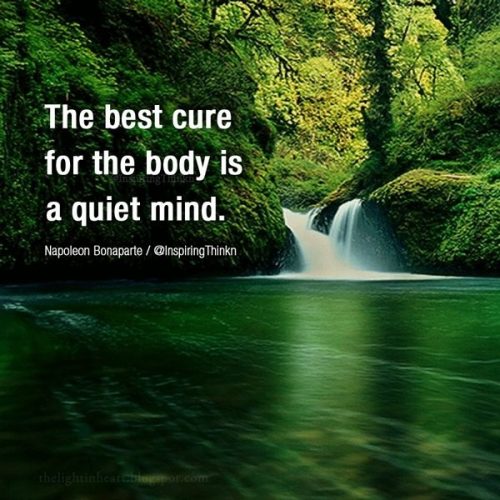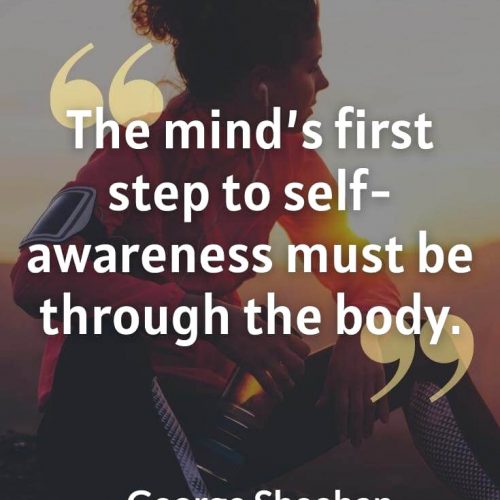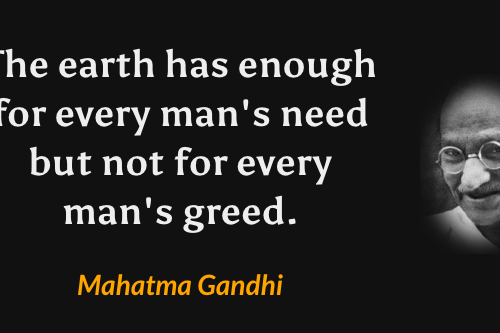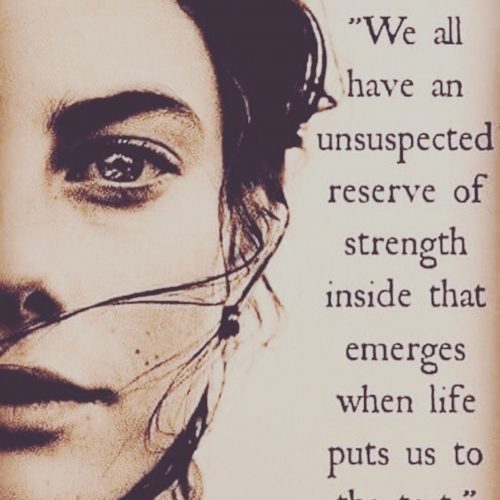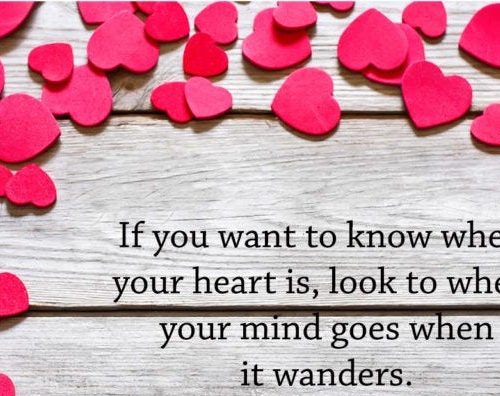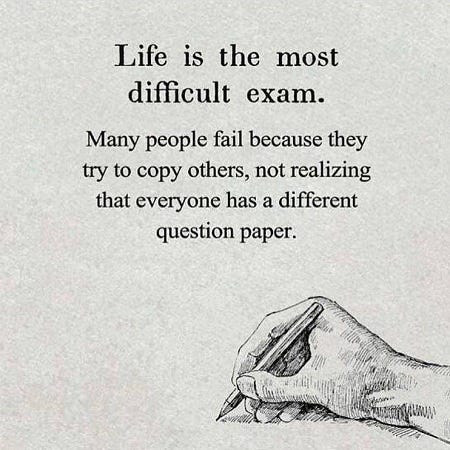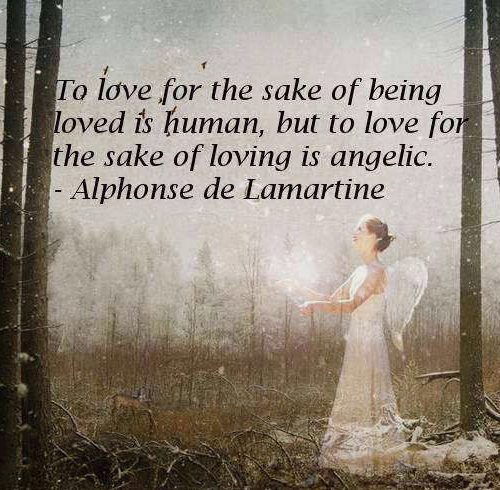《自律養生實踐家之旅312》 生命無限可能
當你為他人輕生而感嘆時,也該回頭看看自己是否真正尊重生命。成為人,已經是宇宙中難得的奇蹟,但我們卻常常忘了感恩,忘了去愛、去孝順、去回報。
我們把情緒視為理所當然,動怒變成常態,對人不和善變成習慣。而這些情緒,其實與輕生者內在的吶喊並無二致,都是對外界失望後的極端反應。
人生的困境,多源於我們從未釐清情緒的真面目。生氣,是一種對自我的傷害;暴怒,更像是一種慢性的自我毀滅。這不只是天知道的事,身體也知道。
「為何生氣」是一個值得自問的題目。情緒當下的答案與事後的思考,往往截然不同,因為立場改變,心境也改變,答案也就不同。
如果終將圓滿,如果所有衝突終將和解,那麼我們在那一刻的糾結與痛苦,又有何意義?執著於負面情緒,只是讓自己更不健康,何苦來哉?
If you find yourself mourning someone who took their own life, it’s also worth asking: Have I truly respected my own life? To be born human is already a rare cosmic miracle—yet we often forget to be grateful, to love, to honor our parents, to give back.
We take our emotions for granted. Anger becomes habitual, unkindness becomes routine. Yet these emotions are not far from the inner cries of those who end their lives—they are simply different expressions of the same despair after losing hope in the world.
Most of life’s suffering stems from not understanding our emotions. Anger is self-harm; rage, a slow form of self-destruction. And this is not just metaphorical—the body knows it too.
“Why am I angry?” is a question worth asking. The answer in the heat of the moment is often very different from the one found in calm reflection. As our perspective shifts, so too does our emotional truth.
If everything is destined to find peace in the end, if all conflicts will eventually be resolved, then what meaning do our moments of entanglement and pain really hold? Clinging to negativity only makes us more unwell—is it really worth it?

